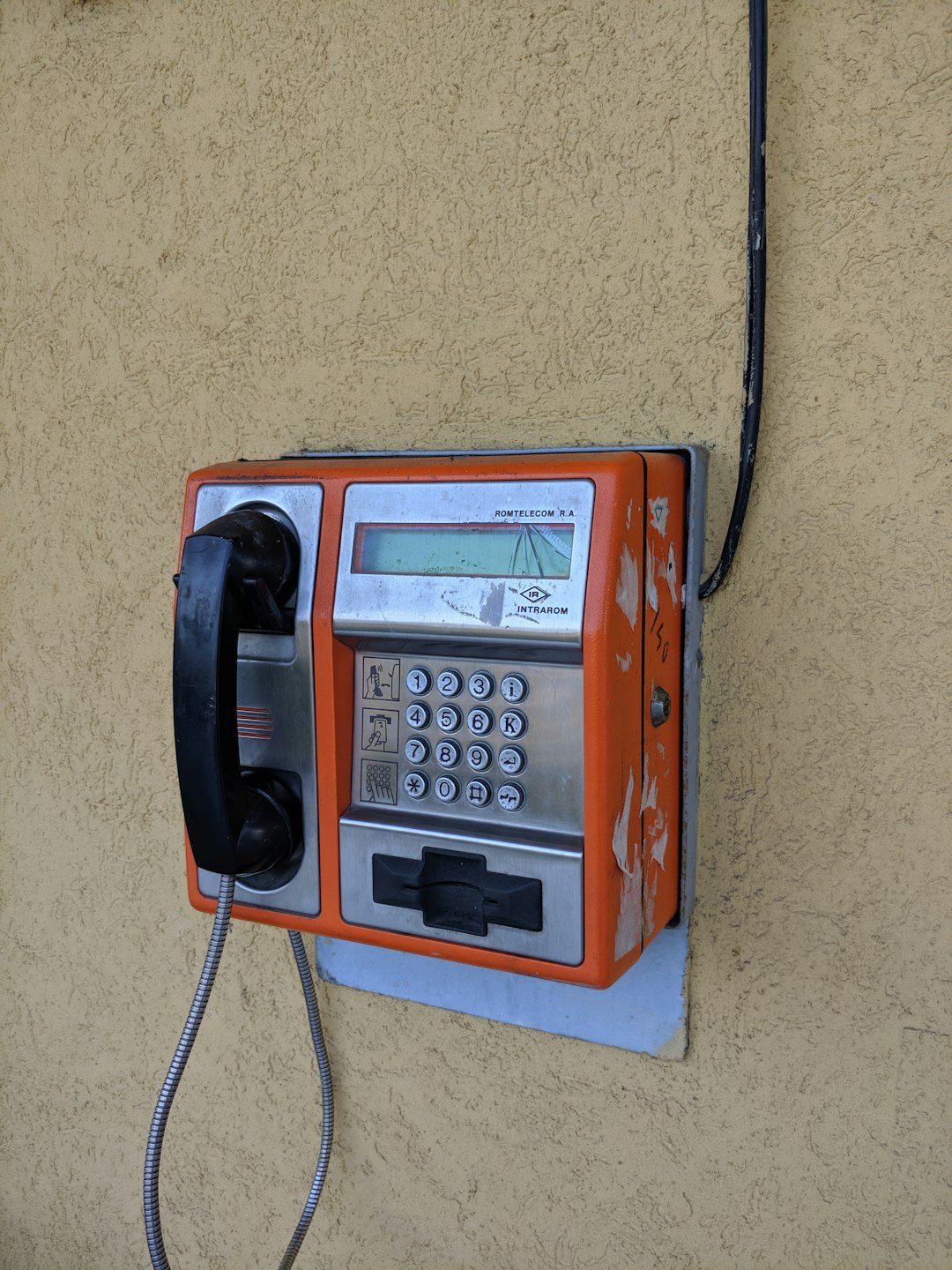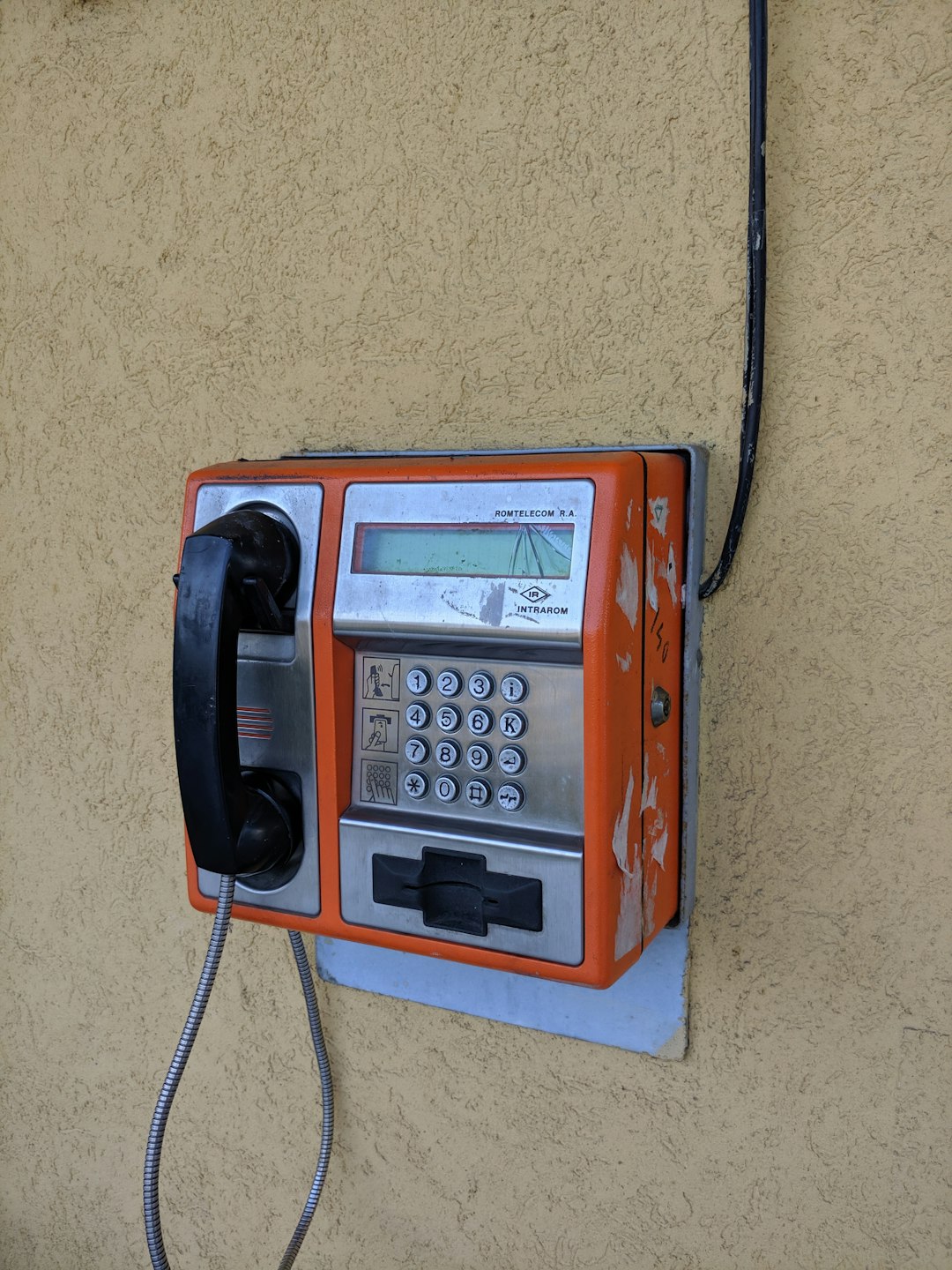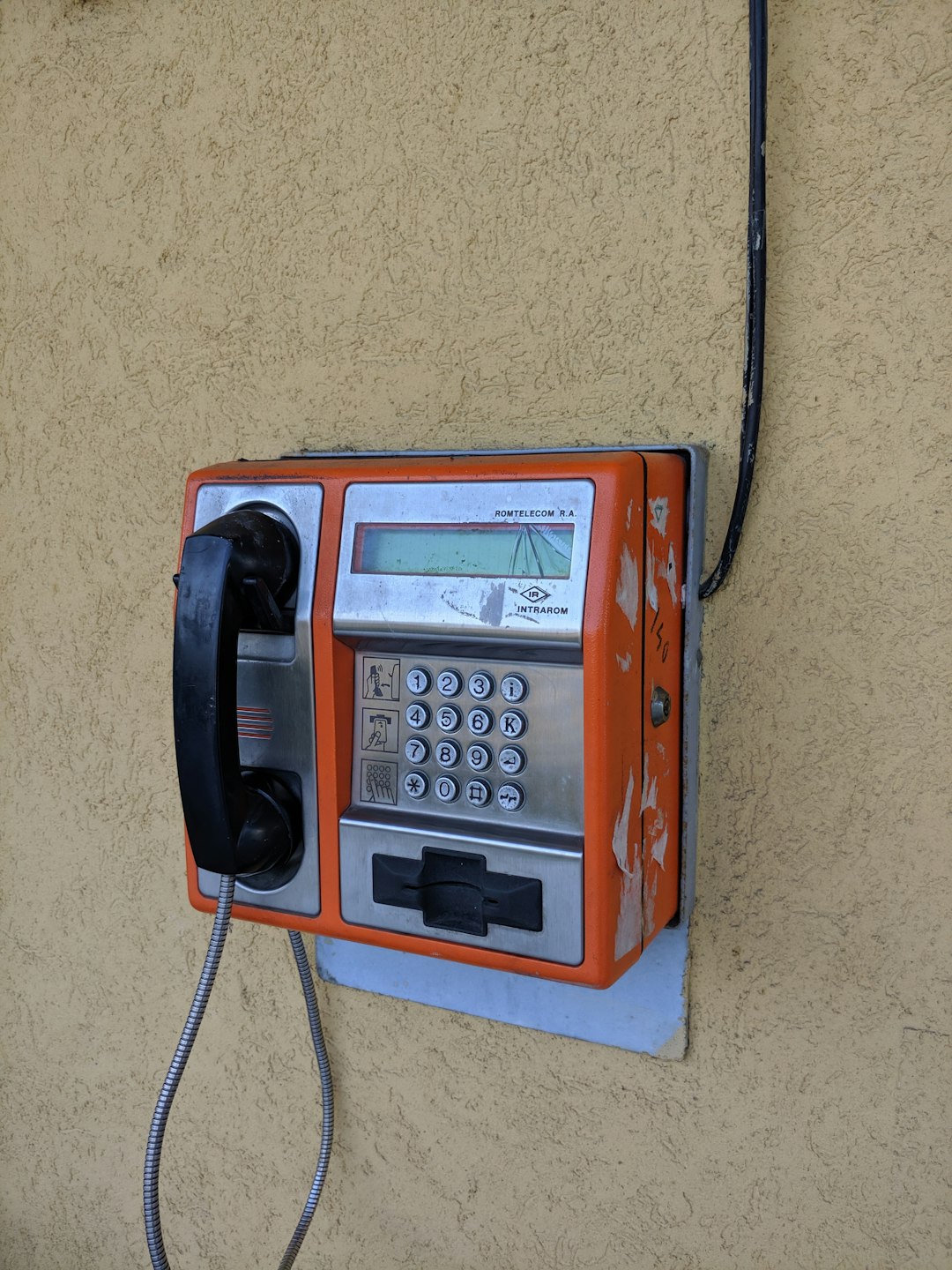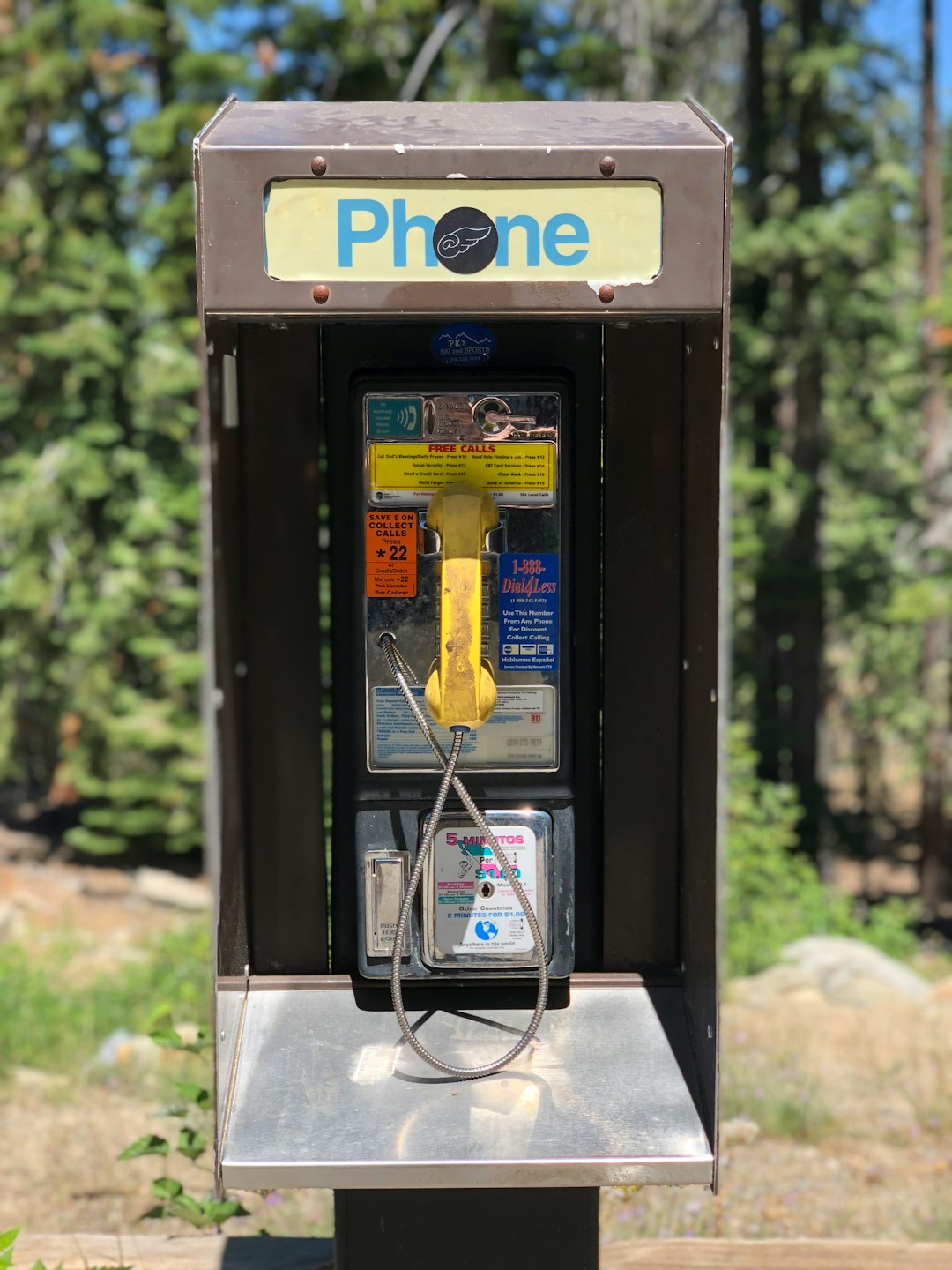Robocalls and spam texts are prevalent in Oregon, often involving fraudulent offers and targeting vulnerable individuals. While some protection is offered by Oregon's Do Not Call Registry, it's not foolproof. Residents can fight back by consulting a robocall lawyer or spam call law firm to navigate TCPA laws, register complaints, and seek legal remedies for unwanted communication, including class-action lawsuits. Effective prevention strategies include registry registration and hiring specialized legal counsel.
Tired of relentless spam calls and texts? In Oregon, understanding and navigating the state’s robust laws against these intrusive communications is key to regaining control. This comprehensive guide explores various types of robocalls and texts targeting Oregonians, highlights your legal rights, and offers practical strategies for prevention. Discover how a specialized robocall lawyer in Oregon can assist in combating unwanted communication, and learn about the spam call law firms Oregon dedicated to protecting consumer rights under the state’s strict do not call laws.
Understanding Robocalls and Texts: Types and Common Sources in Oregon

Robocalls and spam texts have become a pervasive problem in Oregon, with various sources contributing to this nuisance. These automated communication methods are often used for marketing purposes, despite many Oregonians expressing strong preferences against them. Common types include political robocalls, sales pitches from telemarketers, and fraudulent messages pretending to be from legitimate organizations. In some cases, these calls promote illegal services or products, such as payday loans or fake investment schemes, targeting vulnerable individuals with misleading information.
The sources of robocalls and spam texts are diverse. Telemarketers and political campaigns frequently rent or buy phone numbers in bulk, enabling them to automatically dial thousands of Oregon residents. Additionally, unscrupulous businesses and scammers operate from both within the state and abroad, exploiting loopholes in communication laws. Oregon’s Do Not Call Registry offers some protection, but it primarily addresses live call centers, leaving many automated robocalls undeterred. Understanding these issues is crucial for individuals considering legal action, prompting them to consult a robocall lawyer in Oregon or a spam call law firm Oregon specializing in navigating the state’s robocall laws and do not call laws.
Oregon's Laws Against Spam Calls and Texts: What You Need to Know

In Oregon, there are strict laws in place to protect residents from unwanted robocalls and spam texts. The Oregon Telephone Consumer Protection Act (TCPA) prohibits automated or prerecorded calls and texts for telemarketing purposes unless the caller has obtained prior express consent from the recipient. This law extends to both voice and text messages, ensuring that consumers have control over their communication preferences.
If you receive robocalls or spam texts against your wishes, you have legal recourse. A robocall lawyer or attorney specializing in Oregon’s do-not-call laws can help you understand your rights and take appropriate action. These professionals can assist with filing complaints, negotiating settlements, or even representing you in court if necessary. Many law firms dedicated to this area offer their services to stop the inundation of unwanted calls and texts, providing peace of mind for Oregon residents.
Your Rights as a Consumer: How to Stop Unwanted Communications

As a consumer in Oregon, you have rights when it comes to dealing with robocalls and spam texts. The Telephone Consumer Protection Act (TCPA) provides strong protections against unwanted phone calls and text messages, including those from automated dialers known as robocalls. If you’re receiving these nuisance calls or texts, you can take several steps to stop them.
First, consider registering your number on the National Do Not Call Registry. This federal list helps prevent telemarketers and robocallers from contacting you. You can also block specific numbers manually through your phone’s settings. Additionally, Oregon has its own Do Not Call laws that offer further protections. Contacting a robocall lawyer in Oregon or consulting with a spam call law firm can provide you with legal options if these unwanted communications continue despite your efforts.
Taking Action: Finding and Hiring a Robocall Lawyer in Oregon

If you’re tired of constantly being pestered by unwanted spam robocalls and texts, it’s time to take action. Hiring a dedicated robocall lawyer in Oregon can be a powerful step towards reclaiming your peace of mind. These legal professionals specialize in navigating the complex robocall laws in Oregon and have the expertise to hold culprits accountable.
With their help, you can explore options like joining class-action lawsuits against persistent spammers or seeking individual compensation for invasion of privacy. Don’t wait; reach out to a reputable spam call law firm Oregon today to discuss your case and explore legal remedies available under the state’s Do Not Call laws. Finding the right robocall attorney Oregon can transform your struggle into a successful journey towards a quieter, more secure future.
Effective Strategies for Preventing Future Spam Calls and Texts

Preventing future spam calls and texts can be achieved through several effective strategies. First, register your number on the National Do Not Call Registry. This federal list restricts telemarketers from calling or texting registered numbers for marketing purposes. Additionally, Oregon has its own Do Not Call List, which local businesses must adhere to; reporting unwanted calls or texts to this list can help curb spam significantly.
Engaging the services of a robocall lawyer in Oregon or consulting with a spam call attorney is another proactive step. These legal professionals can guide you on existing robocall laws and help enforce them, providing a robust defense against intrusive calls and texts. Furthermore, consider hiring a law firm specializing in Do Not Call laws; they can offer tailored advice and representation to ensure your rights are protected, making it less likely for you to receive unwanted communication from spam sources.






